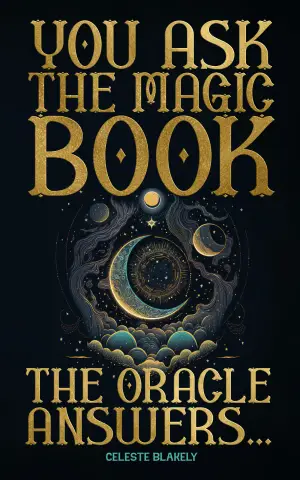Review of The Grapes of Wrath by John Steinbeck
When I first picked up The Grapes of Wrath, I was drawn to it not just by its accolades—Pulitzer Prize winner, a staple of American literature—but also by the promise of a story that delved into the very core of human resilience. Steinbeck’s exploration of the Great Depression and the Joad family’s odyssey across America felt like a significant leap back into a time shaped by struggle, hope, and the unyielding spirit of humanity.
The Joads’ journey is an epic, almost mythic tale that chronicles their forced migration from Oklahoma to California during the Dust Bowl. With each turning page, I felt the weight of their hardships echoing today’s struggles—economic disparity, the search for dignity amidst adversity. The characters are vividly etched in my memory: Tom Joad, the idealistic son who embodies righteous anger; and Ma Joad, the stoic matriarch whose strength holds the family together. Steinbeck masterfully captures their humanity, making you feel every ache of loss and flicker of hope.
Steinbeck’s writing style is a beautiful blend of raw realism and lyrical prose. The narrative is punctuated by intercalary chapters that take a broader look at society, providing context and depth to the Joads’ personal plight. This dual structure enriches the reading experience, drawing you into specific moments of the family’s journey while simultaneously highlighting the overarching social injustice. Phrases like “the land is pouring out its wealth” resonate on a deeper level as they amplify the stark contrast between plenty and desperation, making it impossible not to reflect on our own societal narratives.
One quote that stayed with me is: “It is the nature of the beast to cause grief.” This sentiment encapsulates the inevitable heartache of the Joads’ existence, yet invites contemplation about resilience. Despite relentless setbacks—grandparents dying, broken dreams, and exploitative labor conditions—the family persists, fueled by an unwavering hope that feels almost palpable.
The emotional honesty of the prose is both haunting and beautiful. I found myself teetering between despair and upliftment, and I think that’s where Steinbeck’s genius lies. The ending is strikingly poignant, with a moment that some readers may find uncomfortable, yet it encapsulates the theme of empathy that courses throughout the novel.
The Grapes of Wrath is not an easy read; it challenges you, invites discomfort, and ultimately leaves you with lingering questions about justice, compassion, and community. This book is for readers who are willing to engage with difficult truths of the human condition—those who seek a narrative that resonates beyond time.
In closing, I wholeheartedly recommend Steinbeck’s masterpiece to anyone who values literature as a means to understand not only history but the human experience. Whether you’re a history enthusiast, a lover of classics, or someone looking for a profound journey through adversity, this novel is a treasure trove of reflection, hope, and an enduring testament to the strength of the human spirit. My reading journey with The Grapes of Wrath has left me inspired to advocate for a world that remembers the meaningful lessons of the past while daring to foster hope for the future.






